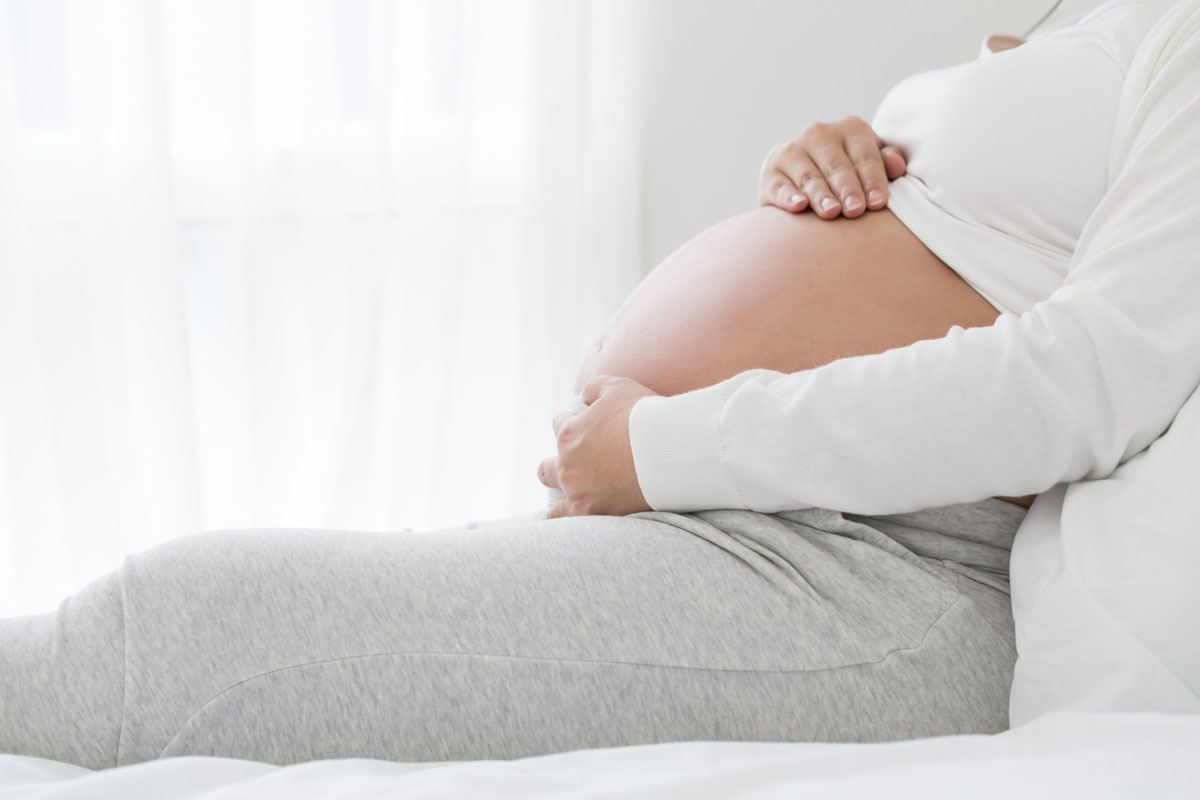During pregnancy, expectant mothers are subjected to a wide range of diagnostic tests by their doctors. These play an essential role in helping them to follow the developmental processes and to get an idea of the state of the future mothers’ bodies.
Urine and blood tests play an important role in detecting various symptoms of deficiency. For the second trimester, it is also worthwhile to have vitamin B12 and D tests.
Anemia, or iron deficiency, is common in pregnant women. The body needs more iron to ensure that the baby gets enough blood supply and gets the oxygen and nutrients it needs.
Increasing the amount of iron-rich foods during pregnancy can help prevent iron deficiency anemia. Many people need iron supplementation on the advice of their doctor, especially from the 20th week of pregnancy.
In addition to these, the blood test can help to identify a number of infections that could affect the next phases of expecting a baby or the fetus. These include gestational diabetes, which develop in the third trimester (after 28 weeks) and usually cease after the baby is born.



